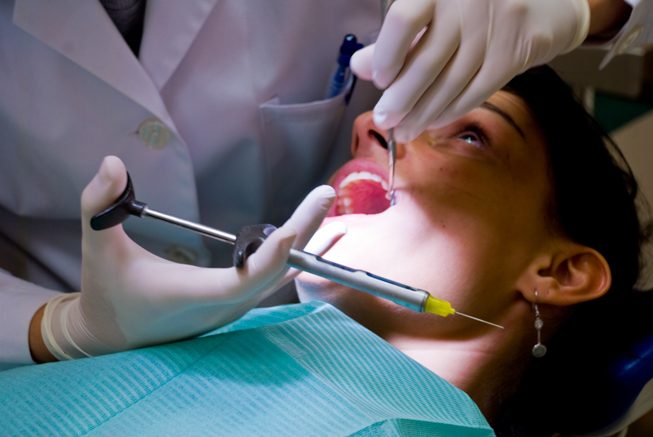New research has shown promising evidence that a drug originally used to treat Alzheimer’s disease could simulate tooth regrowth to the point of repairing cavities.
The drug is called “tideglusib,” and it has already been tested extensively as a possible component of Alzheimer’s therapy. While being tested on mice, it was shown to stimulate stem cells in the tooth, and improved dentine production. Teeth are innately already able to use stem cells to make small repairs to their inner pulp, but are only able to create a small layer of dentine – not nearly enough to repair advanced tooth decay.
Researchers at King’s College London then tested the drug’s effectiveness by putting a sponge soaked in the drug into 0.13 millimetre holes in the teeth of mice, and covering the sponge in a protective coating. The sponge, which is biodegradable collagen, then broke down over the course of six weeks, and was replaced by dentine, thus healing the tooth.
This discovery could revolutionize restorative dental treatment. The current go-to procedure for repairing cavities, which fill the hole with metals or plastic, never fully restore the tooth’s mineral level.
“The simplicity of our approach makes it ideal as a clinical dental product for the natural treatment of large cavities, by providing both pulp protection and restoring dentine,” Paul Sharpe, the lead author of the study, said in an official news release from King’s College London.
“In addition, using a drug that has already been tested in clinical trials for Alzheimer’s disease provides a real opportunity to get this dental treatment quickly into clinics.”
This is not the first time King’s College has released research on alternatives to current tooth fillings. Another research group has suggested repairing teeth by applying a mixture of different minerals into cavities or cracks in teeth using an electric current.
Researchers believe that because the drug has passed clinical trials for other uses, they are looking at a relatively quick three-to-five-year period, assuming it passes human clinical trials, before the drug could be used to fix cavities on a commercial scale.
While the clinical trials concerning Alzheimer’s have proven that tideglusib can be taken safely by humans, the study (which was published in Scientific Reports) plans to first attempt this procedure on rat teeth, which are approximately four times the size of mice teeth. Human trials are expected to begin later this year.





